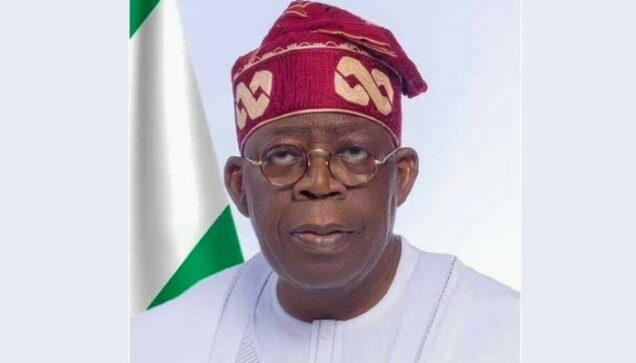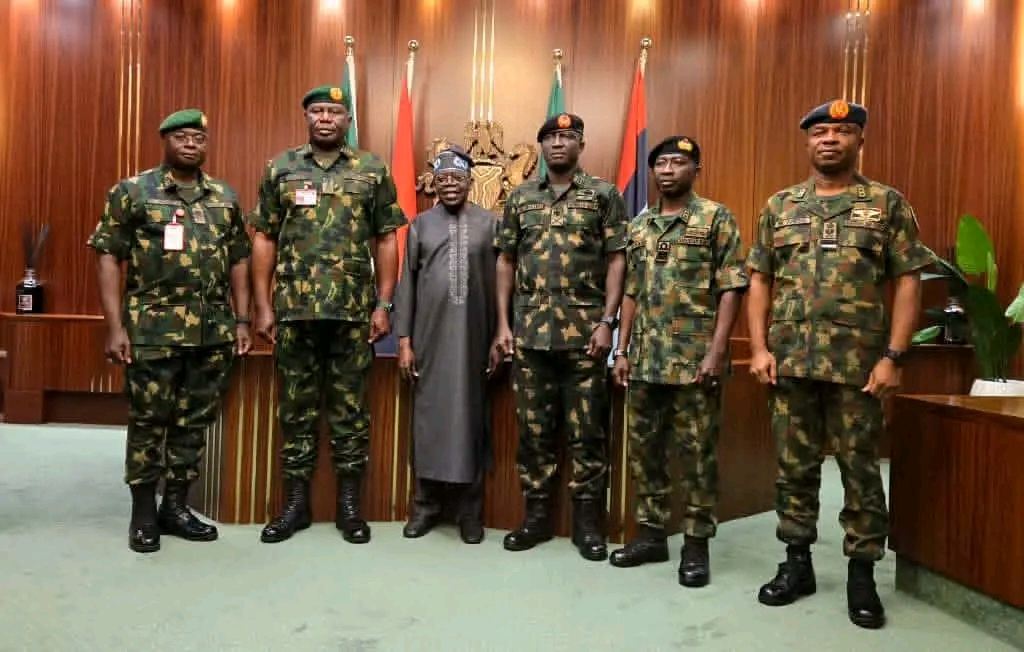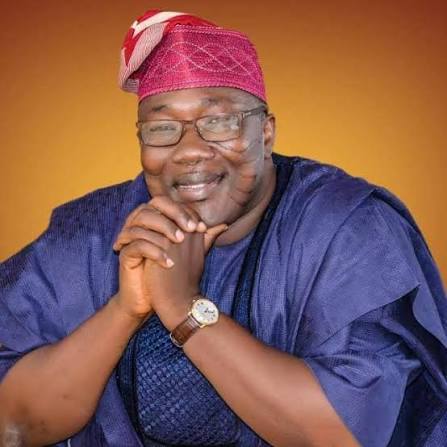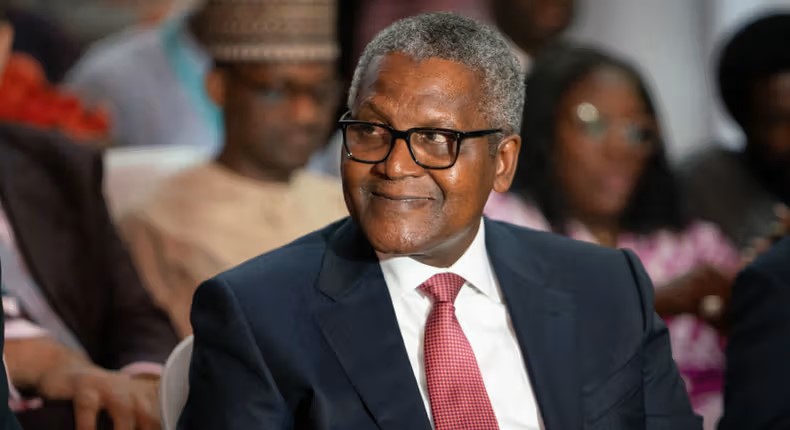Concept of Democracy
Democracy according to Bernard Crick is the most promiscuous concept in public affairs.
Democracy has a system of government is the most widely used system of government around the world, it is a system of government that gives equality to all without prejudice or sentiments and grant access to freedom of speech and liberty to her citizens guided by a constitution which doesn’t makes any one bigger than the law.
Thus, democracy refers to ‘rule by the people’. This began in the first half of the 5th century B.C. among the Greeks thus beginning what Robert Dahl (1989) calls the transformation from rule by the few to rule by the many. During the French Revolution (1789-1799), the French lawyer and political leader, Maximilien Robespierre (1758-1794), defined democracy as a “state in which the people, as sovereign, guided by laws of its own making, does for itself all that it can do well”.
This definition implies that there are things ‘the people’ may be unable to do or cannot do well. The questions then are: what are these things? Who then do such things? We will return to this issue later. In his Gettysburg Address, former United States president, Abraham Lincoln gave what has since become the most famous and widely accepted definition of democracy. In the Address, delivered at the dedication of the Soldiers’ National Cemetery on 19 November 1863 in Gettysburg, Pennsylvania, Lincoln asserted that ‘all men are created equal’ and defined democracy as ‘government of the people, by the people, for the people’ (Lincoln. 1863).
This definition makes the people the subject and object of democracy or what Nkolika Ebele terms ‘the raison d’etre of governance’ (Nkolika,2007). This definition has many merits; although, like any other, it has its limitations. The definition stresses the principle of equality since all men are supposedly created equal. Harold Laski(1982) defines equality as the absence of special privilege. Thus, a democratic state is often said to be one wherein the citizens have equal access to justice, job, power, privilege, etc. Indeed, Andrew Gamble describes a democratic state as the ‘republic of equals’(Gamble, 1981).This is because democracy implies that there should be a substantial degree of equality among men both in the sense that all the adult members of a society ought to have, so far as is possible, equal influence on those decisions which affect important aspects of the life of the society; and in the sense that inequalities of wealth, social status, access to education and knowledge, etc should not be so considerable as to result in the permanent subordination of some groups of men to others. Democracy as a concept and as form of governance originated from Greece from two Greek words “demo” and “kratos” which means the rule by the people of which which is a form of collective decision making but has man progress and population continue to increase it has become harder for everyone’s voice to be heard which then breed a new form of democracy emerged which is the one most widely used, it is called representative democracy. Representative democracy is a particular form of Democratic governance which allows the citizen to individually elect a collective representative in elected political office, the birth of Representative democracy gave birth to electioneering process and election.
Having discuss the concept and brief history of democracy, it should be noted that democracy in Africa is quite problematic due to its incompatibility with the African culture or the traditional political system. Democracy and Africa are two sides of a coin. Africa has witnessed several coup since independence of several nations while some nations in Africa are not truly practicing democracy but another forms of governance while using democracy as a shield and disguise.
Democracy grants citizens liberty to speak or question a sitting government be it at local, state or federal level, these are one of the benefit of democracy.
Nigeria is expected to be the home of democracy in Africa but Nigeria currently in terms of Democratic system of governance is concerned, Nigeria is not living up to expectations. In Nigeria today democracy being practiced is only on paper as democracy is not the political order of the day in Nigeria. It’s somehow sardonic and lugubrious that when we as a nation should be focusing on how to strengthen our democracy and nurture it to an age of maturity we are still falling behind in the argument of having a democracy day and not a true democracy in practice.
I wasn’t born during the June 12 1993 imbroglio but has a student of history, I have a good knowledge of all that happened then as documented in archives, also I was quite young when Former president Olusegun Obasanjo transformed Nigeria into a democratic state from several years of military rule on may 29, 1999 but it’s worrisome today that the arguments among the policy makers and government in Council is on which day should be a democracy day in Nigeria by wanting to change it from may 29,1999 to June 12 to honour late MKO Abiola but my question is why should Nigeria as a nation have a democracy day or celebrate a democracy day when the government are not truly practicing democracy and the nation at large not being democratically governed .
History has it that June 12 1993 was an historic day in Nigeria history of which which the election was a unified has all Nigeria took their ethics difference and religious differences aside and voted for a national leader in a democratic fashion which proppel Late chief MKO Abiola of which was annulled by late general Ibrahim Gbadamosi Babangida and he installed Earnest Shonekan. This events was truly a bad day for the birth of democracy in Nigeria following several years of military rule in Nigeria. Nigeria returned to civil rule on may 29th, 1999 has Chief olusegun obasanjo being the president and the day was declared a democracy day.
The two events discussed above is highly important and Germaine in the development of democracy in Nigeria truly but it would have been much celebrated if truly we are practicing democracy.
I do not think honoring Late Abiola with a post hummus award or having June 12 as a democracy day is fundamentally needed but what is truly needed is Nigeria practicing Democracy fully, June 12 should have been declared MKO Abiola day to mark his huge sacrifice for Nigeria democracy.
I must sound critical of the current administration of the President Muhammadu Buhari who rose beyond ethnicity to honour late MKO but am sure he’s been haunted by his conscience on the dirty politics he played in Nigeria as a coup plotter before 1999 and he wants to play the role of a unifier between the north and the South.
My take isn’t much on the democracy day but on how we as a nation can practice democracy on full fledge and thrive as a nation collectively. A government that is run by a secret cabal is not a democracy because it is not been runned by the people and for the people but for a small influential minority called the cabal, a government that silence oppositions or that frowns at peaceful protest is not a democratic government but a dictatorial and autocratic government, a democratic government would never rain gun fire at harmless and defenseless protesting shiites nor keep in custody any one who speaks against the government. The fundamental onus of government is welfare of the people and security, a democratic government must allow freedom of speech and expression from her citizens without any consequences. A democratic election should not be marred by violence or election irregularities, it’s so worrisome that the 2019 election in Nigeria turned what it turned because if our selfish greedy leaders who are not concerned with the welfare of the masses but their political hegemony and continuation or foundation of their respective political dynasty.
Democracy in Nigeria is still very fragile and in a dangerous stage and all arms of government should be doing everything possible for Nigeria to join elite countries in achieving true total democracy.
Nigeria is still a mere geographical expression as the late Obafemi Awolowo said, we must put away our religious, ethnic, political and tribal differences and collectively we stand United beyond our common differences and by then can we eradicate the barriers towards democracy which are nepotism, favoritism, political party affiliation, parochialism, ethnicity, bigotry and all firms of inequality.
Nigeria is still a long walk off democracy but in the interest of public safety and national interest it will be best we review our Constitution in Nigeria, a constitution that grants the government officials immunity is putting those elected above the law and above the people that elected them seriously dangerous. A constitution that enrich the pockets of senator and hour bakes in various national and states house of assembly is harmful. Truly democracy is achievable in Nigeria as it is in other countries but we must amends some of our laws that favors the rich or that makes some small group of people to control state resources and the fight against corruption must not be a one sided fight it must be fought from all angles and all citizens must be treated as one, it is by this can we achieve true democracy in Nigeria.
References
Robert A. Dahl, Democracy and Its Critics (New York & London: Yale University Press, 1989), p. 1
Andrew Gamble, An Introduction to Modern Social and Political Thought (London: Macmillan, 1981), p. 91.
Full text of Lincoln’s Address could be viewed at http://voicesofdemocracy.umd.edu or http://en.wikipedia.org/wiki/Gettysburg_Address. Both sites were assessed on 24th may, 2019.
Nkolika E. Obianyo “Democracy on Sale: The 2007 Nigerian Elections and the Future of the Democratic Movement in Africa” in Victor Oguejiofor (ed.) Nigeria’s Stumbling Democracy and Its Implications for Africa’s Democratic Movement (Westport: Praeger Security International, 2008), p. 3
Harold J. Laski, A Grammar of Politics (London: George Allen & Unwin, 1982), 1982), p. 153. For a detailed examination of the origins, meanings, components and some of the reasons for inequality, see ibid, pp. 152-165.
SHOKOYA OLAKUNLE ADEBOYE is a sociologist, public speaker , social Researcher as well a socio political analyst, you can reach him on
[email protected]
08131130914
Advertisement





